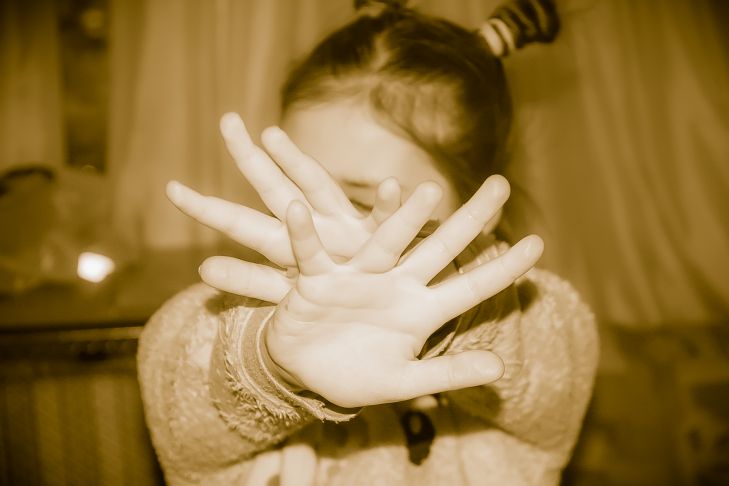The child's psyche is very fragile, and the nervous system is still poorly developed. Therefore, stressful situations can have an extremely negative impact on the baby.
Parents' shouting with or without reason is one of the factors that can provoke extremely negative consequences for a child.
Why shouldn't you yell at children and how can it be dangerous?
Find out so you don't make common mistakes.
Why do parents yell at their children?
Parental yelling can be provoked by a variety of factors. But most often, adults raise their voices at children for the following reasons:

- the baby is weak and cannot stand up for himself, and the parent uses the argument that has been known since time immemorial: “I’m older”;
- inability or unwillingness to explain;
- lack of patience with the child;
- inability to adequately perceive the capabilities and abilities of children at a particular age;
- stress and fatigue, as a result of which an adult “takes it out” on a child;
- consequences of upbringing, when parents did the same to the baby's mother or father in childhood;
- fear for the life and health of the child as a cause of increased nervousness;
- fear of not having time to apply all the educational measures that young parents consider necessary.
And there are many other reasons. But whatever they may be, we must remember that screaming is not the best method of raising children.
Why You Shouldn't Yell at Your Child: 5 Main Reasons
Unfortunately, it is often much more difficult to find a way out of a given situation than simply raising your voice at your child. At first, parents do it once, then a second time, a third time…
And then it becomes a habit. But what can it entail? Think about it first. The main reasons why you shouldn't yell at your child are described below.
By shouting you provoke fear, not command respect.
And this is probably the worst thing parents can do. Keep in mind that in the future this may cause resentment or even hatred and aggression towards you from the child. And it will be only your fault.
You make your child feel unwanted and inferior.
This, in turn, can cause many complexes and lack of self-confidence. Agree, these are not the best qualities for a future adult. They can interfere with his socialization and negatively affect his relationships with other people.
Deterioration of relationships with parents
If a mother or father constantly raises their voice at a child, then the child will end up in a constant state of stress. And the consequences of this in the future are very difficult to predict. There are 2 possible scenarios:
- The first behavior strategy: the child begins to do everything contrary to his parents on purpose. Knowing that he will be punished anyway, he will try to at least deserve it.
- The second behavior model: the child loses trust in those closest to him. He begins to perceive his parents' cries as betrayal on their part. And if his close people betrayed him, how can he trust those strangers who surround him? The answer is obvious: no way.
So think carefully about what you are losing by raising your voice to your child. And think again whether it is worth risking your relationship with your child because of a short-term impulse and a flash of anger?
Forming a habit in a child to solve everything by shouting
If you constantly raise your voice at your child, you are letting him know that it is normal.
The child begins to think that any problem can be solved in this way – and gradually speaking in high tones becomes an integral part of his life.
And who among those around you would like such an attitude? That's right: no one. Therefore, in the future, your already grown-up child may end up an outcast in society.
Victim complex
One of the most unpleasant consequences that can result from parents yelling. In this case, the child builds his behavior model in such a way that he prefers to solve any stress in the only way available to him: to suffer.
He isolates himself from the world, stops solving pressing problems and completely concentrates on his grief. And it is very difficult to bring him out of this state. One can only guess about the possible further consequences.
This is only a small part of the reasons why you shouldn't yell at children. But it's enough to understand that talking in raised tones with the youngest member of the family will not lead to anything good.








